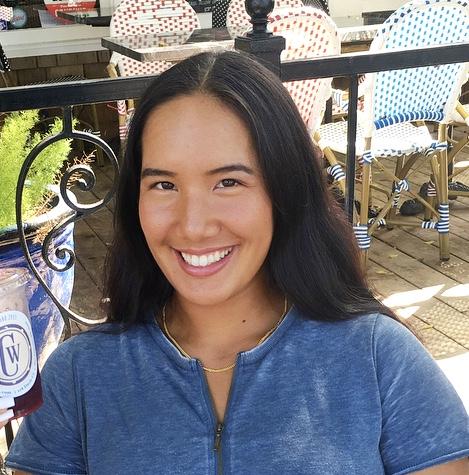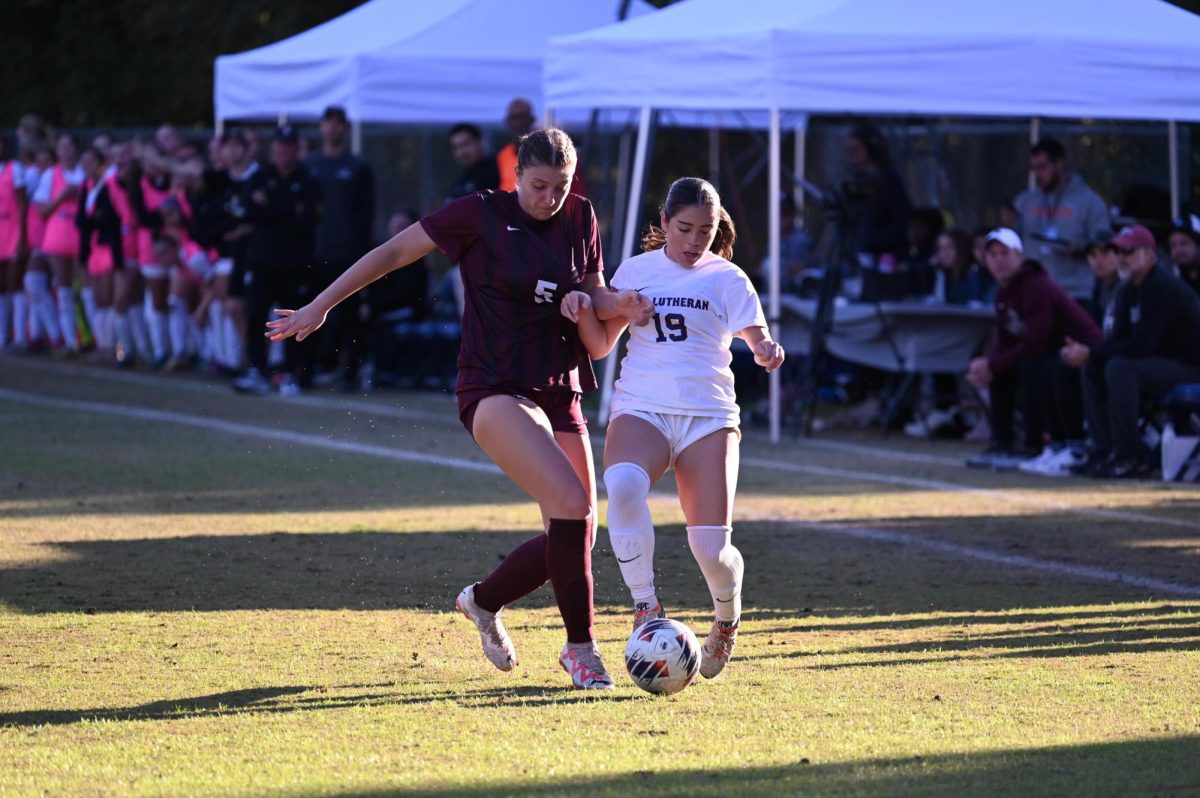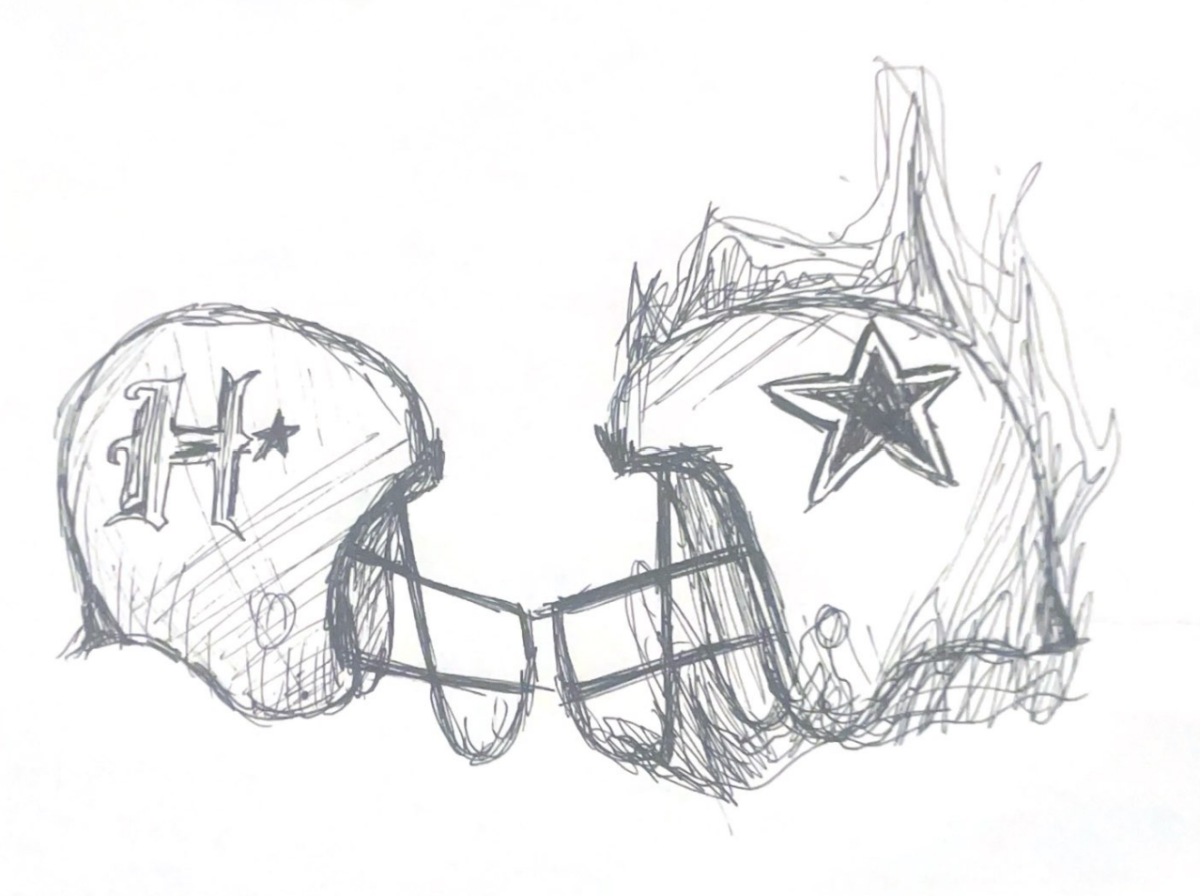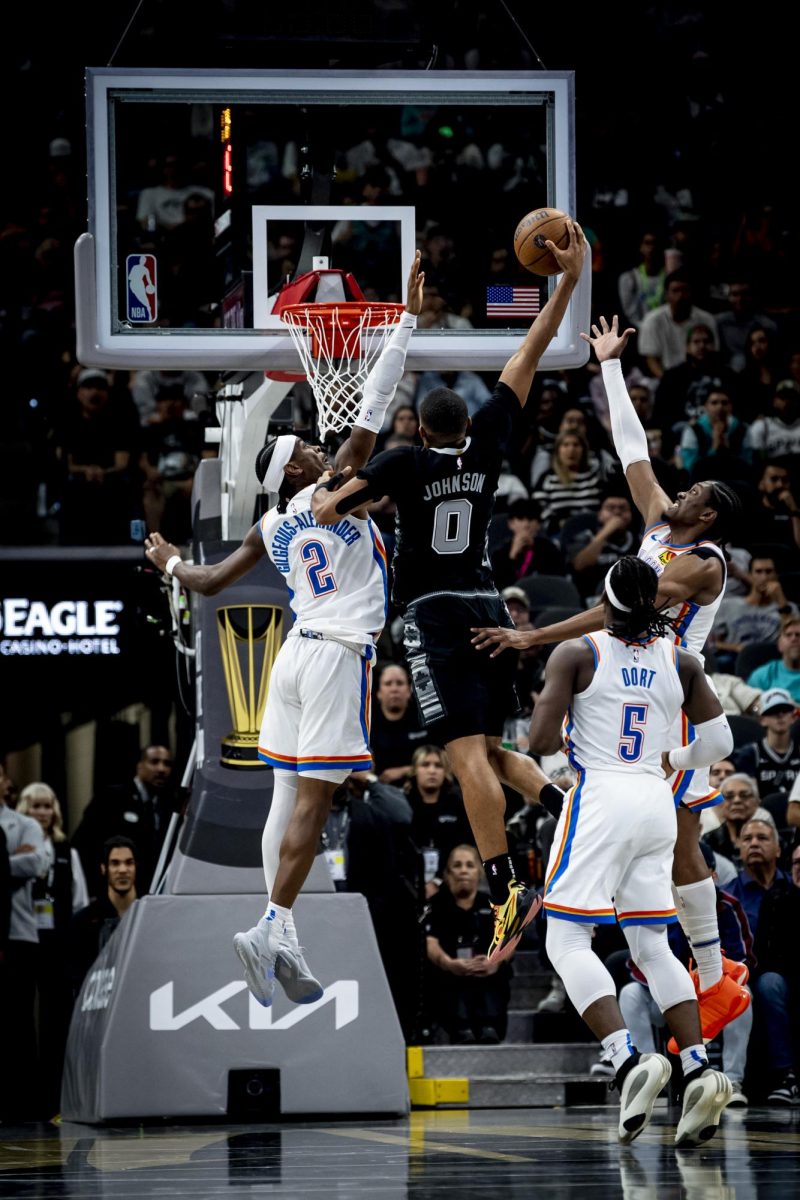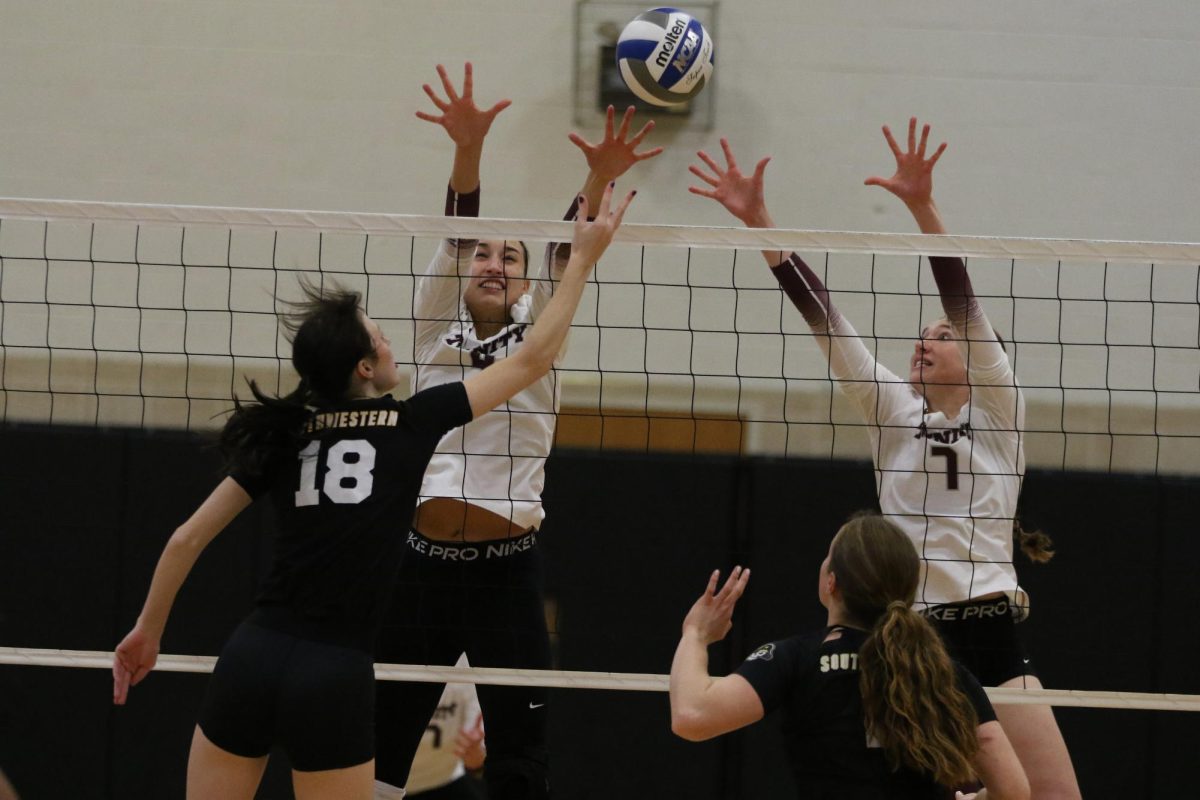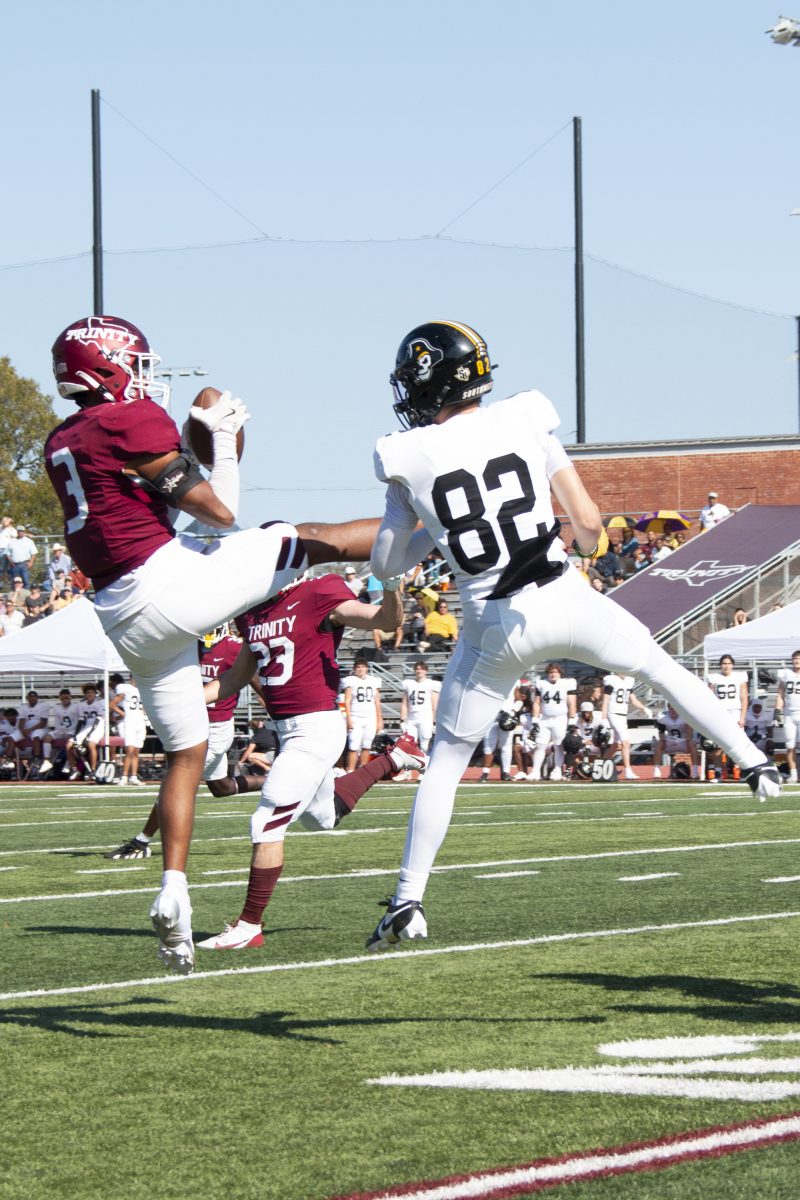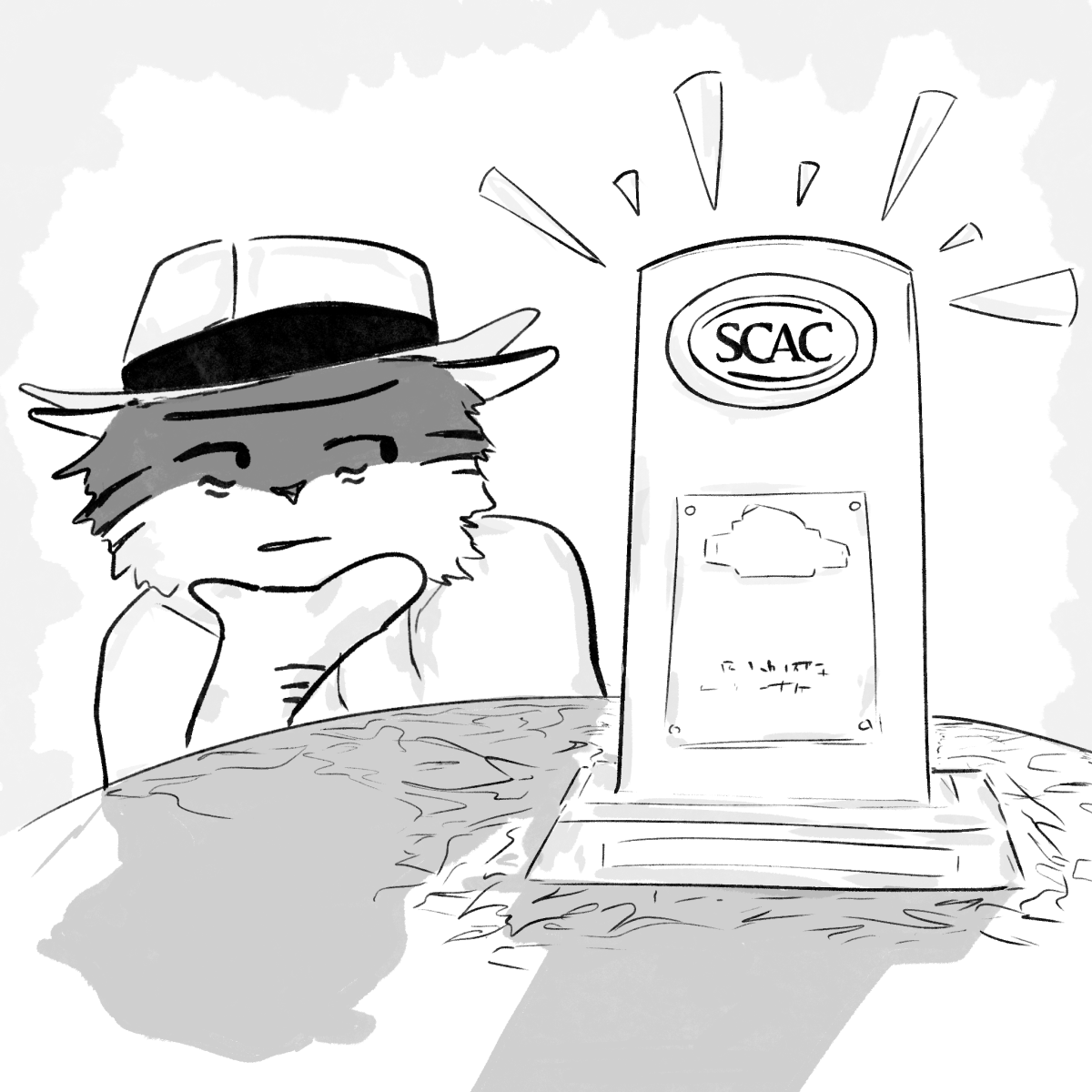Coming into college, I had no intention of taking up a job.
I wasn’t expecting to have much free time, and I definitely didn’t expect to spend more hours watching Trinity sporting events than in actual Trinity classrooms — yet that’s exactly what happened this year: I applied to work with the Trinitonian, thinking that it was an easy way to earn my communications credit and became a sports writer.
I ended up finding a new pastime that kept me engaged in campus activities, introduced me to fantastic people and allowed me to share the stories of Trinity’s dedicated student-athletes and coaching staffs.
The first thing I learned about collegiate sports is that absolutely everyone is busy. Athletes juggle both the physical stress of their sports and the mental stress of their academic workloads.
Coaches, trainers and facilities managers deal with scheduling complications, practices and competition every single day of each athletic season.
Despite this, they still managed to set aside time to participate in interviews for my articles.
Once I had to conduct an interview on the floor of the William H. Bell Center basement level so that a player could make it from class to practice on time.
I told him that I could interview someone else if he was too busy, but he insisted on taking the time to help me with my piece.
Months later, I was worried that I would be unable to finish my article about a Tuesday softball game by my Wednesday deadline, but three players graciously answered my interview questions just minutes after they stepped off the field.
Overall, the people I’ve met have all dealt with my hectic deadlines and last-minute questions with a smile.
Their positive attitudes and flexibility are a great demonstration of the commitment and organization these athletes have in both sports and in life.
Trinity’s athletic programs have also taught me that there’s much more than just winning and losing in sports.
Not every sport here is competitive: the Trinity Outdoor Recreation club takes students on nature-based trips across the country for the sheer fun of it.
Club and intramural sports offer enjoyable ways for the student body to get active, and if a student would like to compete, they have the option.
A large portion of the Trinity population already participates in these clubs. I truly hope that this number grows even more in the future so that people get the opportunity to see that sports can mean more than just competition.
Although it’s definitely a challenge to maintain a time-consuming writing job, the experience is completely worth it.
I’ve met great people on campus that I probably wouldn’t have spoken to if I hadn’t taken this job. I’ve seen sports in entirely new perspectives and learned to appreciate that sports mean something different to everyone.
Overall, I hope that through my articles and personal experiences with Trinity athletics, the rest of this campus can appreciate sports as much as I do.

